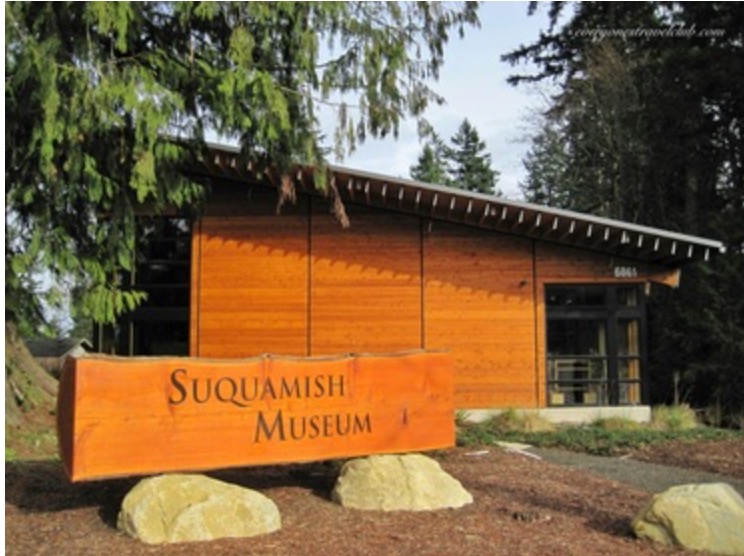Michael: So, let's explore a significant body of knowledge that no AI is accessing when providing information to its users. The history on Native American Tribes, told by their living descendants. First, I need to tell you a story so that you have some historical context:
In the State of Washington, there are over 313,000 native Americans from 29 different tribes who live under their own tribal governments and rights.
With the establishment of several casinos, several tribes have dramatically improved the lives of their members. This new business status positioned the tribal leadership, unbeknownst to them, to play a more influential role in Washington politics.
In 2006 I was invited to assist a group of tribes who were addressing a serious problem. 50% of their youth were dropping out of the Washington State Public schools before high school graduation. Through surveys they identified one key reason. In all of the books and history taught, Native American and local tribal history was not included.
During one of our problem solving meetings I suggested we request a meeting with Governor Christine Gregoire. Although not a member of the largest voting bloc, the tribes played an important role in her winning the election. She needed to call for a recount. However $100K to pay for the recount was required within 48 hours. The tribal leaders band together to contribute that $100K. I suggested that helping her at a trying time at minimum, provided them a seat at the table.
A tribal leader called and immediately received an audience with the governor. We explained that if we could work with the board of education, we could help address this dropout rate by adding tribal history, provided by each tribe, to the K-12 curriculum. The governor setup introductory meetings with the superintendents of schools.
Washington created Tribal Compact Schools in 2013, giving tribes direct authority over curriculum and cultural integration while still receiving state funding.
Implementation of the “Since Time Immemorial” curriculum across districts teaches Washington’s tribal histories and sovereignty. Teachers trained in culturally responsive pedagogy report stronger connections with Native students, which correlates with lower absenteeism and higher credit completion.
This and additional student support programs that have been implemented in the past 19 years have resulted in reducing the dropout rate from 50% to 14% in 2018 as well as increasing the graduation rate. See: Washington State of Native Education - 2019
Andre: So, although it took too many years as of now all Washington State students are learning about the rich history of Native Americans. Isn't this content available to any AI system?
Michael: Yes. However, please consider that their content mainly comes from 29 of the 574 tribes in the U.S. that represent 9.7 million Native Americans. Many of the tribes still maintain an oral history that is not captured or shared beyond their tribe.
Andre: So, is it your supposition that much of this knowledge and wisdom will be lost?
Michael: Possibly not lost to each tribe. However, their knowledge is certainly not being shared with the population. Just their ideas of how to care for the land and the wildlife alone is a valuable untapped resource.
Andre: So, this makes AI limited in its searches to answer questions. AI doesn't know what it doesn't know.
Michael: Well stated. So, when we say we are trying to determine how AI will serve the rest of us, we may want to first identify bodies of knowledge not represented before we give AI too high a standing as an all-knowing resource. Let's say you were researching the best way to protect fish from extinction. Tribes of the Northwest lead major initiatives to restore salmon habitats often in partnership with state and federal agencies. This is one of the very few projects I know of where Native Americans are pursued to bring their knowledge to consideration. What have we missed learning? How can Native American wisdom influence how the next generation pursues a sustainable lifestyle?
Andre: So, it sounds like we the people have some homework to do when it comes to providing content for AI to use?
Michael: And maybe we can use AI to determine an effective approach to gathering pockets of knowledge not yet considered. Enough said.
I look forward to interviewing you next week about your new project: The Medicaid Brigade
About TOTA
TOTA.world provides cultural information and sharing across the world to help you explore your Family’s Cultural History and create deep connections with the lives and cultures of your ancestors.


